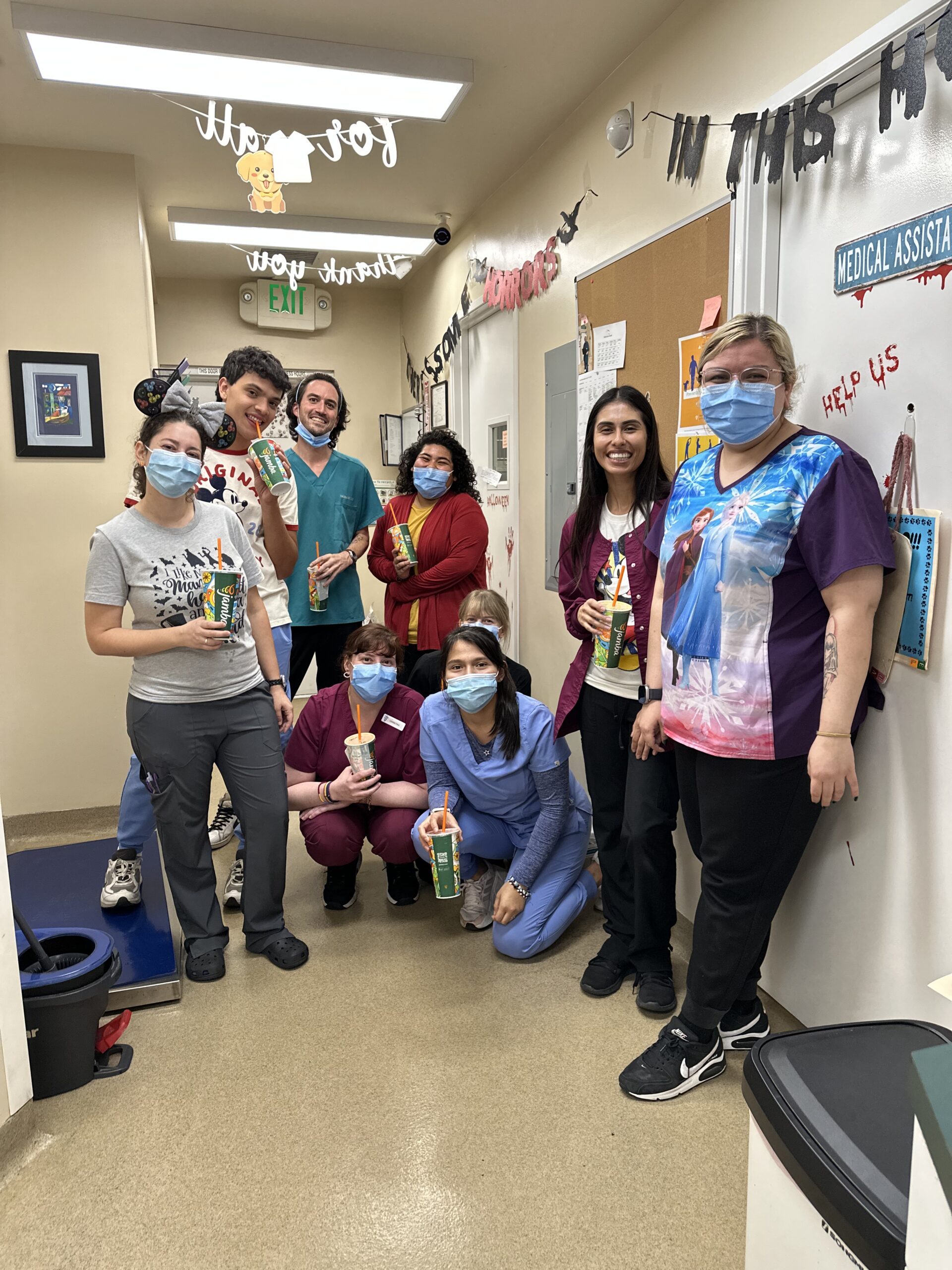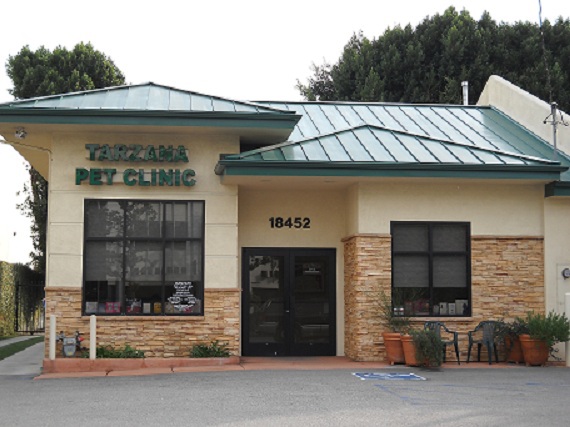Real Testimonials from Real Clients
Veterinary Services
Exams, surgery, dentistry, pet health certificates, and more.
Online Pharmacy
After-Hours Emergencies
Reliable resources for urgent care and veterinary emergencies.
Meet the Tarzana Pet Clinic Veterinary Team
Our dedicated team at Tarzana Pet Clinic is committed to providing the best possible care for your pets when in Tarzana, CA, they need us most. From preventive wellness to more intensive treatments, your pet’s well-being and happiness are our top priorities. We strive to create a welcoming and supportive environment, ensuring both you and your furry family members feel cared for and understood. Trust us to be there for you and your pets every step of the way.

Veterinary Services in Tarzana, CA
Our goal is to keep your four-legged family members feeling healthy and happy.

Pet Spay & Neuter

Pet Dentistry

Pet Microchipping

Pet Internal Medicine
About Tarzana Pet Clinic
Tarzana Pet Clinic is dedicated to providing you and your four-legged family members, compassionate veterinary care. Our goal is to help you care for your pet while keeping them healthy. We want your veterinary experience to be simple, affordable, and exceptional. We’re here to help when you need us most!

Get Our Mobile App
Manage your pet’s health faster and easier with the Tarzana Pet Clinic PetDesk mobile app, now available for iPhone or Android.
Receive Automatic Reminders
Request Appointments 24/7
Your Pet's Organizer App
Save Notes, Pics & Much More


Join Our Team
We’re looking for passionate pet lovers, including veterinarians, technicians, administrative staff, and management. Join our team and help shape our amazing culture.


